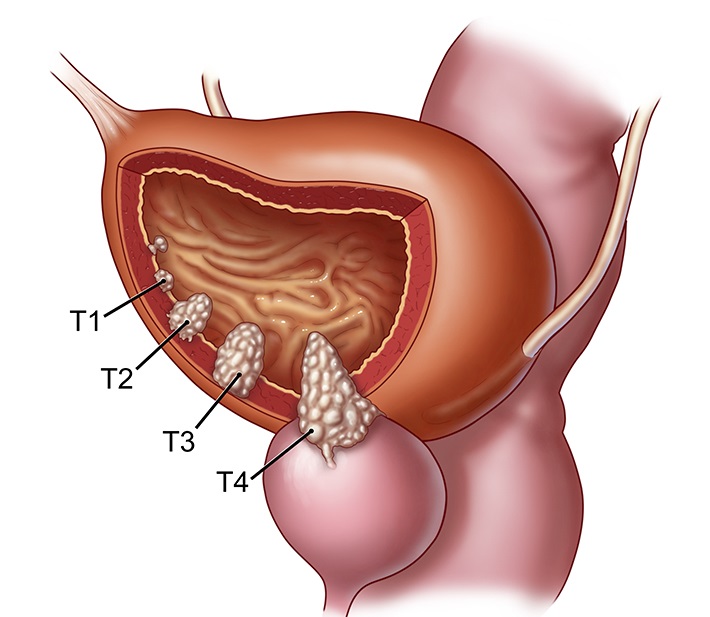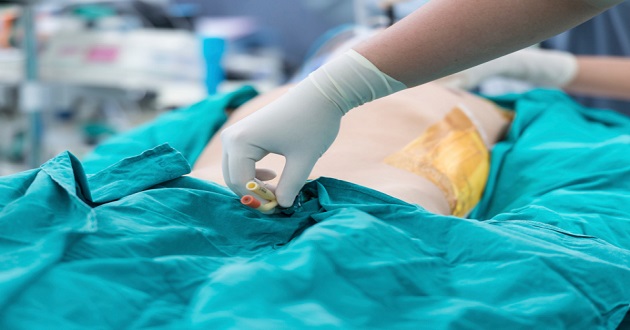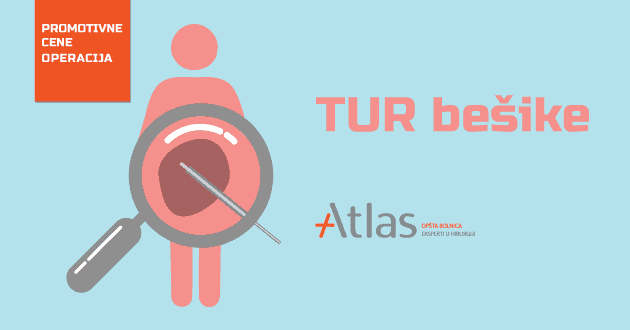Transurethral Resection of Bladder Tumors (TUR)
Transurethral resection (TUR) of the bladder is a surgical procedure used both to diagnose bladder tumors and to remove cancerous tissue from the bladder. TUR can determine if the tumor is spreading to the bladder wall.
This procedure is also called TURBT (transurethral resection for bladder tumor). One or more small tumors can be removed from the bladder during TUR. TUR is the most common and most effective treatment for early-stage bladder tumors. It can also be effective for more advanced cancer if the complete tumor is removed and biopsies show that no cancer cells are left.
Over 70% of bladder tumors are non-invasive bladder muscle cancer (NMIBC). Most patients have superficial cancer when they are first diagnosed, so this is usually their first treatment. Sometimes a second, more extensive TURBT is done to better ensure the removal of all cancers. The goal is to remove the cancer cells and surrounding tissues to the muscular layer of the bladder wall.
TURBT is the main procedure for the diagnosis and treatment of NMIBC, which yields 62% of long-term overall survival in patients with well-differentiated (G1) and moderately well-differentiated (G2) T-grade tumors.

TUR treatment may be accompanied by chemotherapy or immunotherapy by an oncologist.
Urology specialists Dr. Nikola Lukac and Dr. Uros Babic perform all types of urological interventions and operations in the Atlas General Hospital.
If you have a bladder issue, now is the right time to call and schedule your examination and surgery for bladder tumors at a promotional price of 95,000 – 115,000 dinars, including the price of anesthesia.
How TUR bladder tumor surgery is performed
This operation is performed using an instrument that is inserted through the urethra so that there are no cuts in the abdomen. The operation is performed under general anesthesia or spinal anesthesia.
A type of thin, solid cystoscope called a resectoscope is inserted into the bladder through the urethra. The resectoscope has a wire loop at the end that is used to remove any abnormal tissues or tumors. The removed tissue is sent to the laboratory for testing.
After the tumor is removed, more steps can be taken to ensure that the tumor is completely destroyed.
In patients with a long history of recurrent, low-grade noninvasive tumors (slow-growing, recurrent tumors), the surgeon may use only fulguration (electrical ablation) to burn small tumors seen during cystoscopy (instead of removing them). This can often be done under local anesthesia and the intervention is safe but can be mildly uncomfortable for the patient. Fulguration of small tumors enables control of bladder damage and carries a very small risk for the patient. Tumor cells can also be destroyed with a high-energy laser through a resectoscope.

What to expect after surgery
After the operation, a catheter is placed in the urethra in order to stop the bleeding and prevent the obstruction of the urethra. When the bleeding stops, the catheter is removed. You may need to stay in the hospital for 1 to 4 days.
You may feel the need to urinate for a while after the operation, but that should improve over time. You may have blood in your urine for a maximum of 2 to 3 weeks after the operation. You may be instructed to avoid strenuous activities for approximately 3 weeks after the TUR.
Risks of surgery transurethral resection of bladder tumors
The side effects of TURBT are generally mild and usually do not last long. Bleeding and pain during urination may occur immediately after TURBT. You can usually go home the same day or the next day and you can return to your usual activities within a week or two.
- Bleeding
- Bladder infection (cystitis)
- Perforation of the bladder wall
- Blood in urine (hematuria)
- Blockage of the urethra by blood clots in the bladder
Transurethral resection of bladder tumors (TURBT), performed endoscopically, is a first-line procedure for the diagnosis and treatment of visible tumors without inefficiency of the operating room.
Even if TURBT removes the tumor completely, bladder cancer often returns (recurs) in other parts of the bladder. This can be treated with another TURBT. But if TURBT needs to be repeated several times, the bladder may have scar tissue and cannot retain a lot of urine. This can lead to side effects such as frequent urination or even incontinence (loss of urine control).
Preoperative preparation + Surgery + Anesthesia
